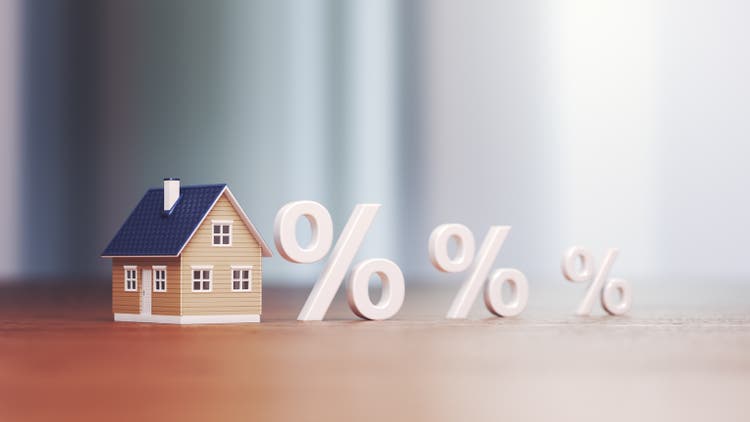Ahead of the GST Council meeting on Wednesday (September 23), the finance ministers of the states controlled by the opposition agreed to seek reimbursement for the revenue losses suffered by all states as a result of the GST rate change.
Eight states that are run by the opposition—Himachal Pradesh, Jharkhand, Karnataka, Kerala, Punjab, Tamil Nadu, Telangana, and West Bengal—met last week to determine how to safeguard their income after the removal of the 12 and 28 percent slabs.
The meeting was organized by Tamil Nadu finance minister Thangam Thennarasu.
Also Read- GST Council's 56th Meeting: Which sectors are likely to be impacted? Here's what Anil Singhvi says
“It is the responsibility of the central government to cover for the losses of the state government on account of GST slab rationalization,” said Jharkhand’s finance minister Radha Krishna Kishore, warning that the state would face an estimated revenue loss of nearly Rs 2,000 crore because of the proposed reforms.
"We will approve their agenda if they compensate for the loss; otherwise, we will not. The state will suffer if compensation is not given."
The 56th Goods and Services Tax (GST) Council meeting is underway in the national capital, led by Finance Minister Nirmala Sitharaman.
The two-day meeting, being held on September 3 and 4, is expected to bring significant changes to India's indirect tax structure, with discussions centred around rationalising and reducing the number of GST slabs.
According to government sources, the proposal under consideration aims to eliminate the 12 per cent and 28 per cent brackets. Instead, most goods would be placed under either a 5 per cent or an 18 per cent slab. At present, there are four GST rate slabs, which are 5 per cent, 12 per cent, 18 per cent, and 28 per cent.
Nearly 99 per cent of items currently taxed at 12 per cent are likely to be moved into the 5 per cent slab, while around 90 per cent of items in the 28 per cent category could shift to the 18 per cent slab. Goods considered "sin" products would continue to draw a higher 40 per cent levy.
As per the proposals approved by the Group of Ministers (GoM) last month, almost all items in the 28 per cent slab, barring sin goods, would move to the 18 per cent slab, and those in the 12 per cent slab would move to the 5 per cent slab. Another slab of 40 per cent would exist, which will be levied on 6 to 7 items, largely sin and demerit goods.
The relevance of the meeting grew after Prime Minister Narendra Modi, in his Independence Day address, hinted at a "big reform of GST," calling it a major step ahead of the festival season. He had said people could expect a "very big gift" during Diwali.

 4 hours ago
1
4 hours ago
1












 English (US) ·
English (US) ·